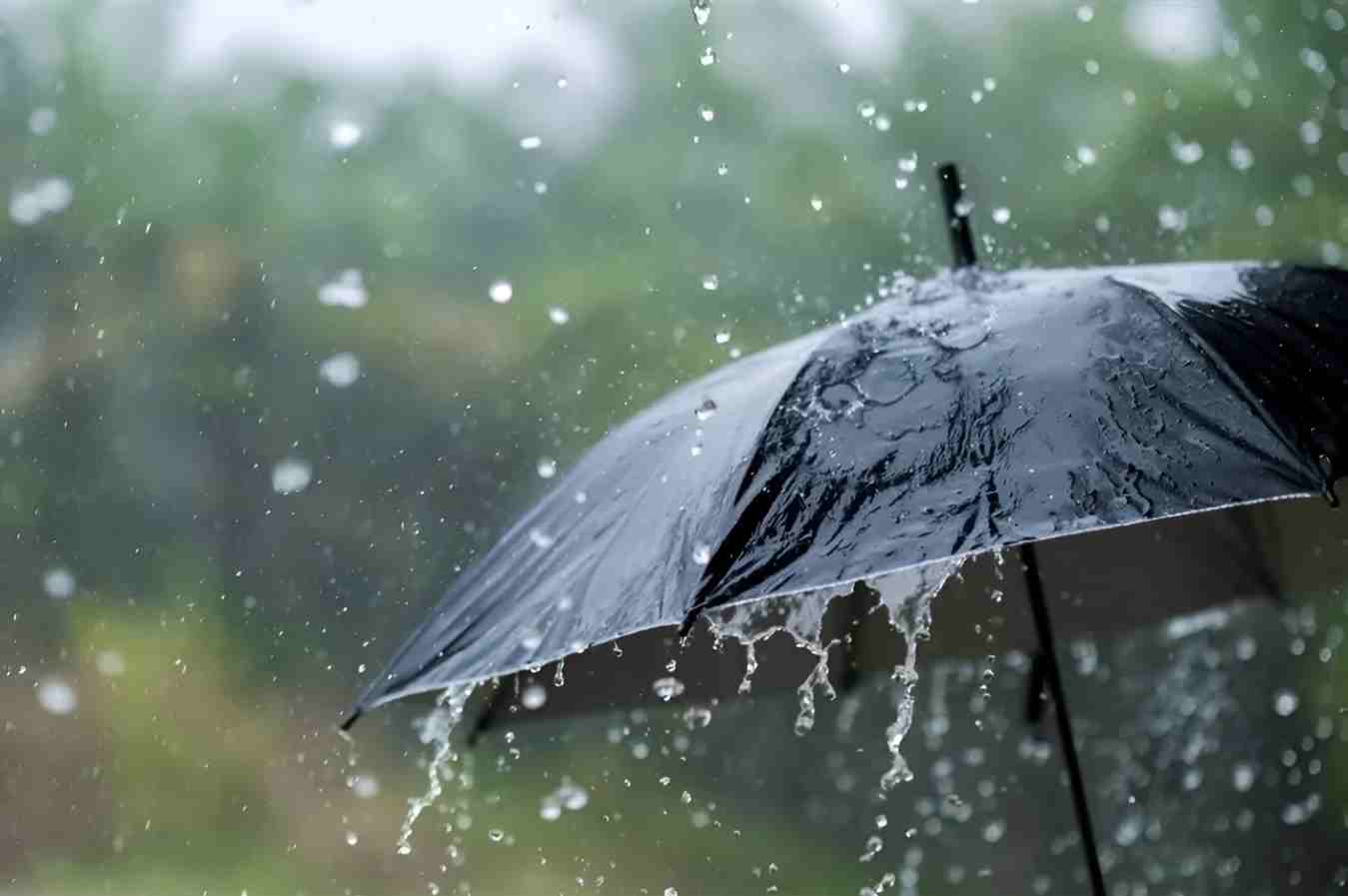Brace for chilly three-month cold spell, Weatherman warns

Kenya Meteorological Department has also forecast cool, overcast weather with occasional light showers in parts of the southeastern lowlands and some areas in Marsabit County.
Kenyans have been urged to brace for the chilly June–July–August season, particularly in the highlands east of the Rift Valley, the Rift Valley region, and Nairobi County.
The Kenya Meteorological Department has also forecast cool, overcast weather with occasional light showers in parts of the southeastern lowlands and some areas in Marsabit County.
Dr. David Gikungu, Director of Meteorological Services, advised the public to keep warm and follow health ministry guidelines, warning of a likely rise in respiratory illnesses such as flu, pneumonia, asthma, and common colds, especially in Nairobi and nearby highland zones.
He further cautioned against the use of charcoal stoves in enclosed spaces, citing the danger of carbon monoxide poisoning.
Motorists along the Nakuru-Nairobi highway, particularly between Kikuyu and Kinungi, are urged to exercise caution due to the expected fog, which may affect visibility.
Similar foggy conditions may occasionally disrupt flight operations at Wilson and Jomo Kenyatta International Airports.
Elsewhere, areas around Lake Victoria, the western highlands, parts of the northwest, and sections of the coast are expected to receive normal to above-normal rainfall.
The forecast includes warnings of localized flooding in low-lying and flood-prone regions near Lake Victoria, with residents being advised to steer clear of flooded roads and fast-moving water.
The Department has also cautioned the public about a heightened risk of lightning strikes in the highlands west of the Rift Valley, urging people to avoid sheltering under trees or near metal structures during thunderstorms.
Increased rainfall could trigger landslides in Elgeyo Marakwet and West Pokot, while dry, windy weather in northeastern Kenya may cause dust storms, potentially leading to a spike in eye infections.
Meanwhile, warmer-than-normal temperatures, especially along the coast and in western Kenya, may lead to a rise in malaria cases.
Health officials have been urged to ensure adequate medical supplies and distribute insecticide-treated mosquito nets.
Kenyans are encouraged to remain vigilant, follow official weather updates, and take necessary precautions to stay safe throughout the cold season.
